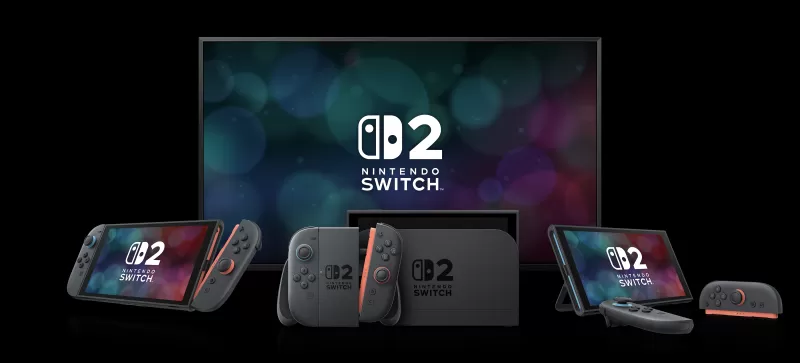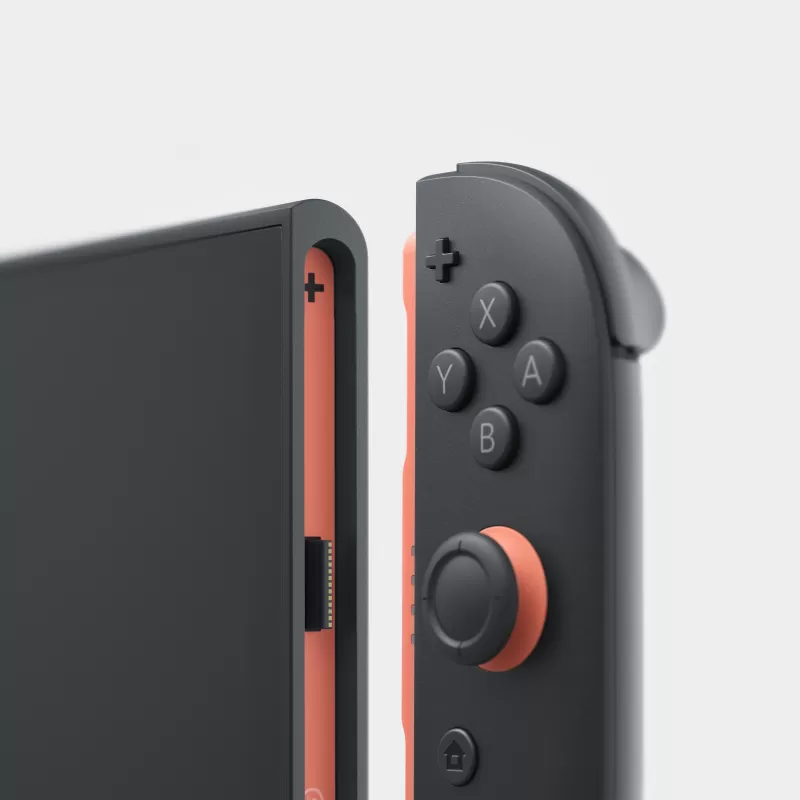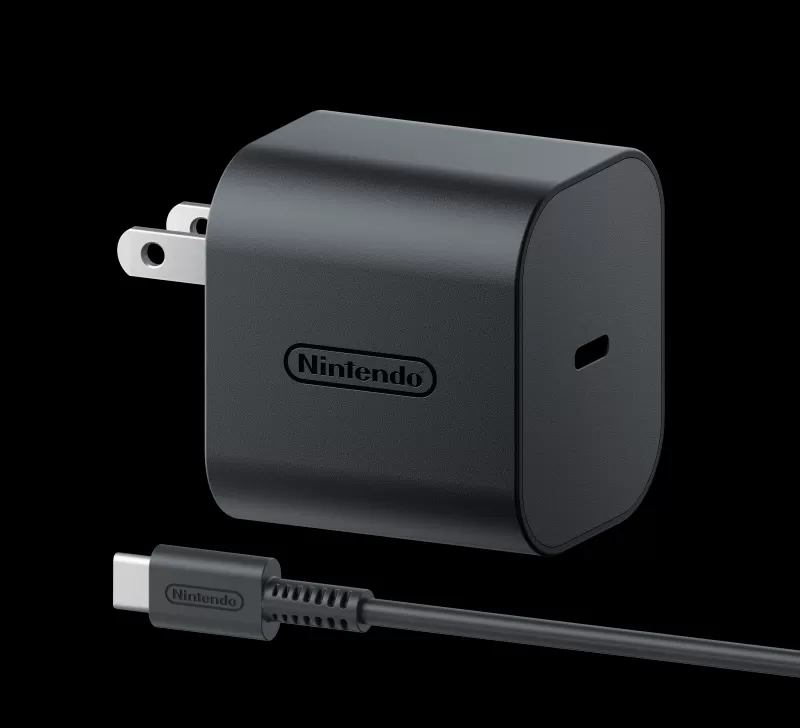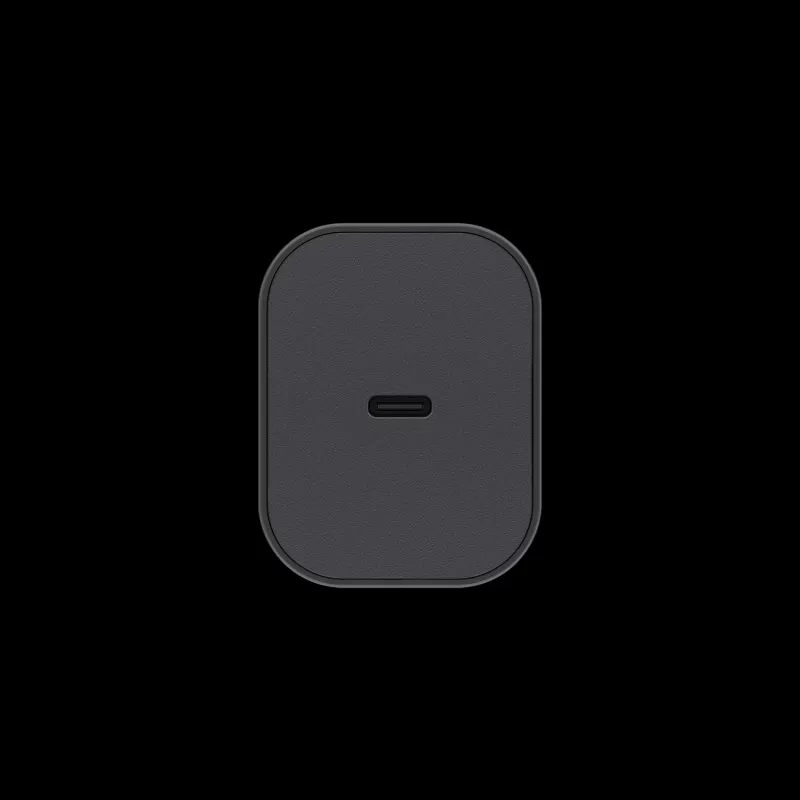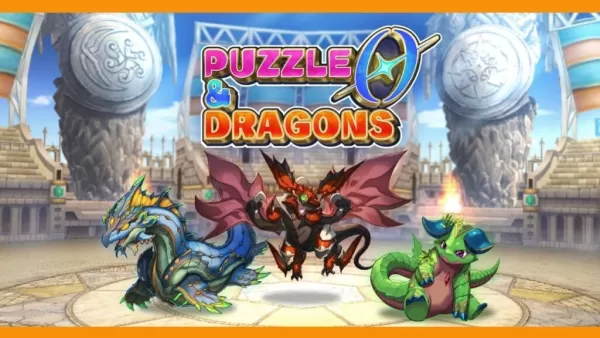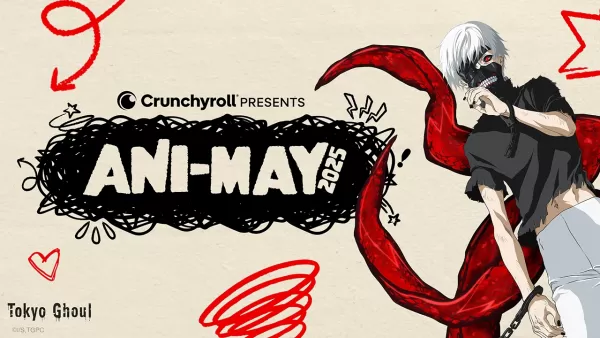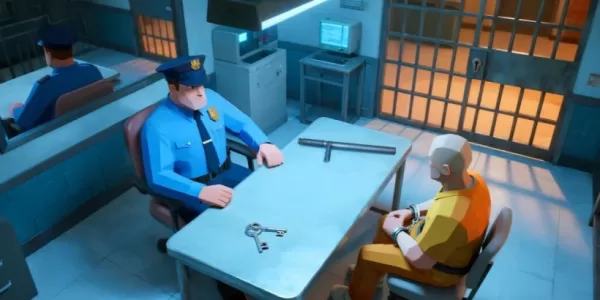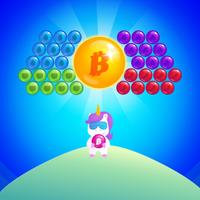This week has been a whirlwind for U.S. gamers, marked by the full reveal of the Nintendo Switch 2, only to be overshadowed by its $450 price tag and the $80 cost for Mario Kart Tour. The excitement quickly turned to confusion and concern when Nintendo announced a delay in pre-orders due to the Trump Administration’s sudden imposition of sweeping tariffs on a global scale.
We've previously explored the reasons behind the high cost of the Nintendo Switch 2 and the potential impact of these tariffs on the gaming industry as a whole. However, the burning question now is: what will Nintendo do next? Will the price of the Nintendo Switch 2 rise even further when pre-orders eventually open?
Typically, to address such questions, I consult a panel of expert industry analysts. Although they can't predict the future with certainty, their insights are usually backed by robust data and evidence. This week, however, I've faced an unprecedented situation. Every analyst I spoke with was stumped, offering only cautious guesses about whether Nintendo would raise prices or not, each heavily caveated by the unpredictability and rapid changes in the current environment.
Despite the uncertainty, here's a summary of what the analysts I spoke with had to say:
Sky-High Switch
The analysts were split on the issue. Dr. Serkan Toto, CEO of Kantan Games, initially believed it was too late for Nintendo to adjust prices after the announcement. However, the delay in pre-orders changed his perspective. He now believes Nintendo may have no choice but to increase prices for both the system and its accessories due to the tariffs. "It is very difficult to predict, but Nintendo will likely take a few days to run simulations and then announce hikes," he stated, suggesting that a base model price of $500 wouldn't be surprising.
Mat Piscatella, senior analyst at Circana, also leaned towards price increases, though he emphasized the unpredictability of the situation. He noted that the tariffs were much higher than anticipated, forcing businesses reliant on international supply chains to reevaluate their pricing strategies. "The US could certainly be joining that group because of these tariffs," he remarked, highlighting the potential for higher prices in the U.S. market.
Manu Rosier, director of market analysis at Newzoo, echoed the sentiment for hardware price increases but suggested that digital distribution might mitigate the impact on software prices. "If a 20% tariff—or any substantial increase—were to be introduced, it’s unlikely that companies like Nintendo would absorb the additional cost," he explained, indicating that consumers might bear the brunt of these costs.
Holding the Line
On the other side, Joost van Dreunen, NYU Stern professor and author of SuperJoost Playlist, believes Nintendo will strive to maintain the announced price of $449.99. He argues that the volatility from the tariffs was already factored into the pricing strategy, and Nintendo has restructured its supply chain to mitigate geopolitical risks. However, he acknowledges the potential for price reassessment if the trade situation worsens.
Piers Harding-Rolls, games researcher at Ampere Analysis, agrees, pointing out the risk of consumer backlash if Nintendo raises prices post-announcement. He suggests that Nintendo might delay any price adjustments until 2026, hoping for a resolution to the tariff issues. "Nintendo will not want to change the price having announced it, but I think everything is on the table now," he stated, emphasizing the fluid nature of the situation.
Living in Unhinged Times
Rhys Elliott, games analyst at Alinea Analytics, predicts higher prices for both Nintendo hardware and software due to the tariffs. He references his previous comments on Nintendo's strategy of offering cheaper digital editions in certain markets as a way to nudge consumers towards digital purchases. Elliott paints a grim picture of the broader impact of these tariffs on the gaming industry, warning that they could lead to a "weaker, poorer nation" with consumers ultimately paying the price.
Elliott also criticizes the tariffs as detrimental to consumers and the gaming industry, arguing that they contradict core economic principles of international trade. "These extreme tariffs will also be bad for consumers in the US but are positive for the US administration’s populist façade," he asserts, highlighting the broader economic implications of these policies.
Nintendo Switch 2 System and Accessories Gallery
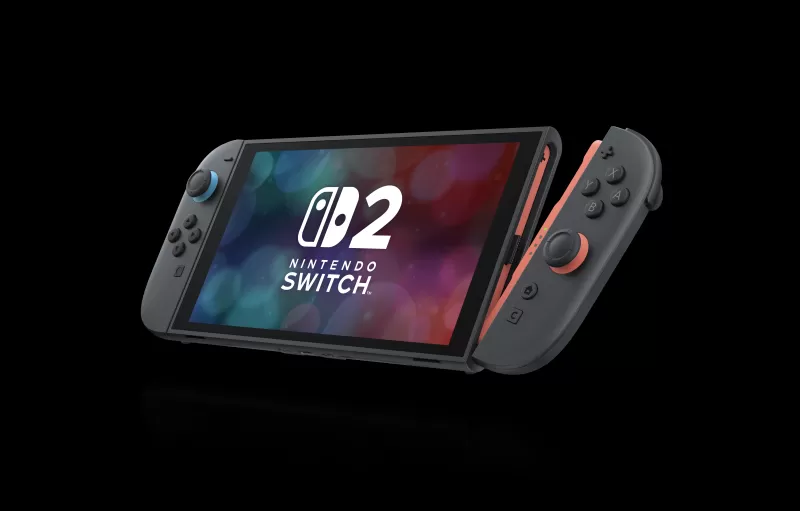
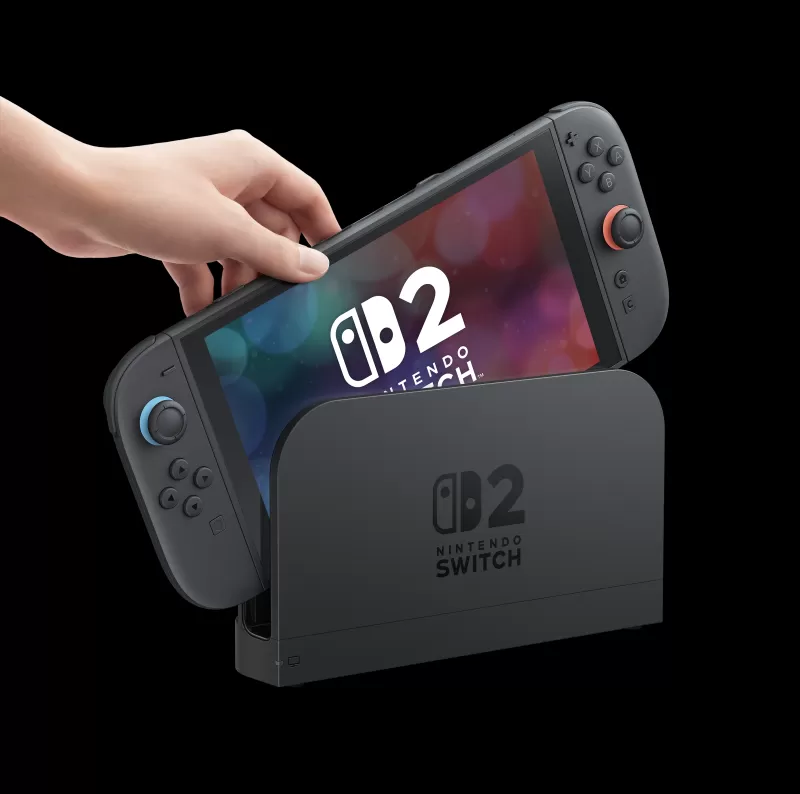 91 Images
91 Images 